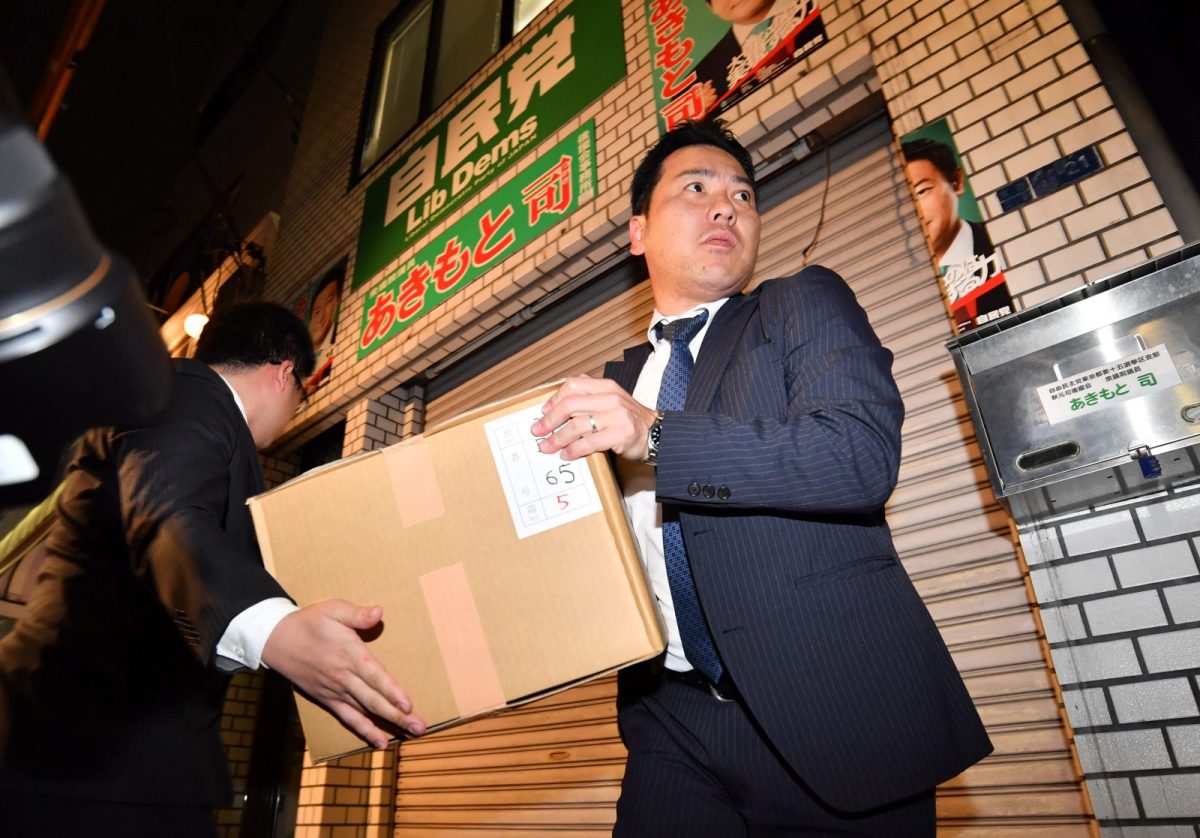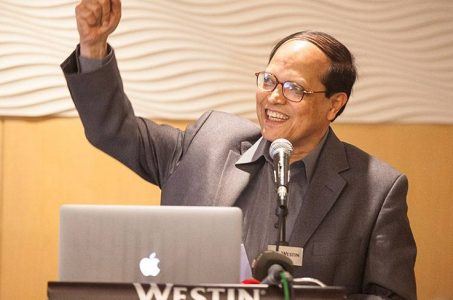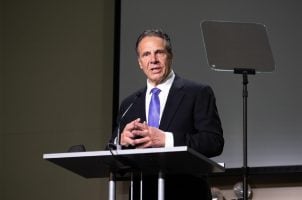Disgraced Japanese Casino Legislator’s Supporters Convicted of Witness Tampering
Posted on: December 16, 2020, 02:21h.
Last updated on: December 16, 2020, 02:46h.
Two supporters of the disgraced Japanese lawmaker Tsukasa Akimoto have been convicted of witness tampering in the ongoing trial of the former casino policymaker.

On Tuesday, the Tokyo District Court sentenced Akihito Awaji and Fumihiko Sato to 12 months and 14 months in prison, respectively, for attempting to bribe a former employee of Chinese online gaming company 500.com, Masahiko Konno.
It was the first time anyone had been prosecuted in Japan under the Act on Punishment of Organized Crimes (witness bribery) since its amendment three years ago.
Akimoto is facing serious corruption charges for allegedly accepting kickbacks from Konno and another former 500.com employer, Katsunori Nakazato, back in 2017. The Chinese company hoped to advance its bid for a license to build a casino in Hokkaido Province by lining the lawmaker’s pockets.
Christmas Day Arrest
At the time, Akimoto was a member of then-Prime Minister Shinzo Abe’s cabinet office and a key figure involved in shaping policy for the country’s newly legalized casino market. He was arrested on Christmas Day 2019 and indicted for corruption shortly afterwards.
Last month, Awaji and Sato admitted attempting to bribe Konno, offering him a total of $286,000 between June and July of this year in return for a false testimony in favor of Akimoto at his trial.
Konno, who was handed a suspended prison sentence in October for bribing Akimoto, refused to accept the money. Worse for Akimoto, the disgraced politician’s fingerprints were later found on one of the stacks of cash used in the failed bribe, according to The South China Morning Post.
Government Still Backing Casinos
Japan passed an enabling bill to legalize casinos in December 2016. This authorized the government to develop a framework of regulation for the future casino market, which resulted in legislation passed in 2018 authorizing the implementation of casino resorts. The ensuing bidding process invites casino operators to team up with local development partners and prospective host cities to vie for three licenses.
The process has been slow, not helped by the coronavirus pandemic and the shock resignation of Abe, an enthusiastic backer of casino liberalization.
But the mention this week of casino taxes in the government’s latest tax reform proposals show that Abe’s successor, Prime Minister Yoshihide Suga, has no plans to abandon the process.
The proposals aim to clarify the taxation of casino prizes and the exemption of taxes on winnings for non-Japanese residents.
“This is an indication that, although the debate about integrated resorts has gone quiet because of the pandemic, the government is still intent on making them a reality,” Japanese financial services company Nomura said in a note to clients this week.
Given the current probable time frame, the first resorts are unlikely to be up and running before 2026 at the earliest.
Related News Articles
Most Popular
Mirage Las Vegas Demolition to Start Next Week, Atrium a Goner
Where All the Mirage Relics Will Go
Most Commented
-
Bally’s Facing Five Months of Daily Demolition for Chicago Casino
— June 18, 2024 — 12 Comments
















No comments yet